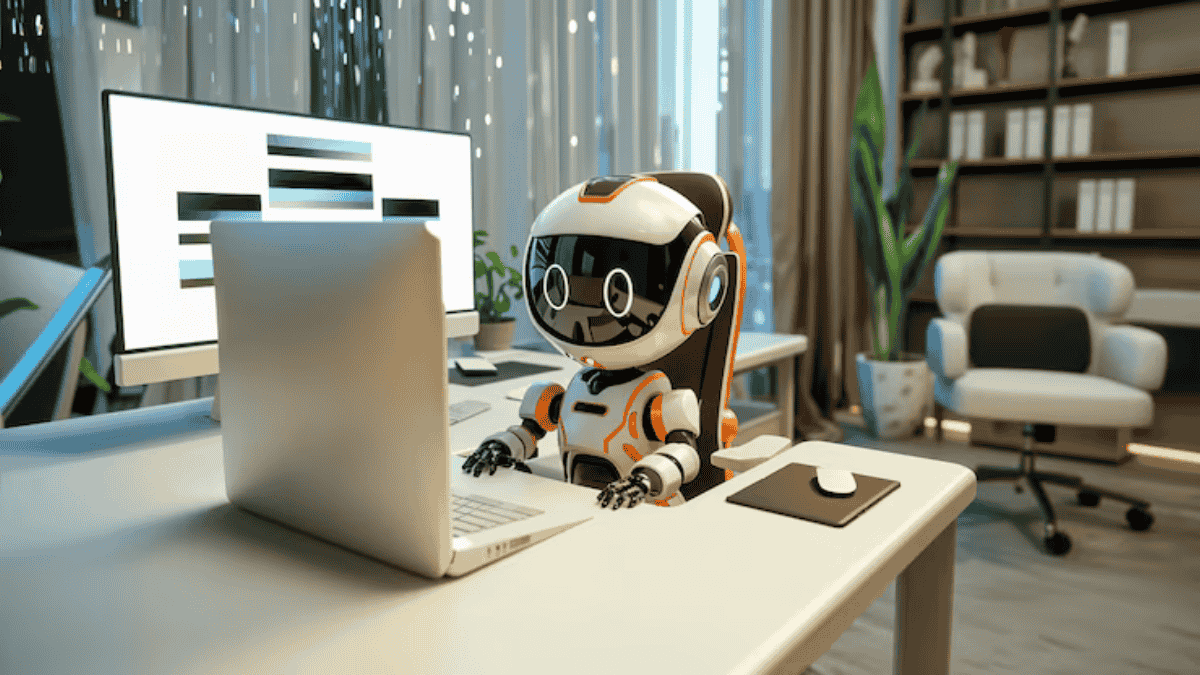Artificial intelligence is increasingly generating code for large technology organizations, affecting entry-level programming positions and slowing computer science enrollments. Students are growing more apprehensive as a result of tech layoffs and Junior’s uncertain future.
AI is no longer merely helping programmers; it is actively writing code. According to a report, big US IT giants such as Microsoft and Alphabet now use artificial intelligence to generate approximately 25% of their code.
As generative tools become more thoroughly incorporated into software development workflows, they increase efficiency while also posing challenging issues about the future of entry-level tech professions.
Are College Degrees Still Important for Tech Jobs?
AI’s expanding significance in software development is more than just a theoretical shift; it’s reflected in job market data. According to the reports, the number of 22- to 27-year-olds working in computer science and math has decreased by 8% in recent years. While some of this is due to IT layoffs, automation also plays an important role.
Even top IT businesses are aware of the trend. Executives at Microsoft and Alphabet, Google’s parent company, have acknowledged that AI now plays a significant role in their code production. AI models have already reduced the need for junior-level coders at businesses like Anthropic.
Keep Your Software Skills Strong for Jobs that Won’t Go Away
These concerns aren’t unique to hiring managers and academics. According to a 2025 survey, 48% of Americans believe software engineers would be among the professions most affected by AI in the years ahead. This is a larger rate than for teachers, journalists, and accountants. While physical labor has been seen as the most vulnerable to automation, high-skilled jobs are now increasingly under threat, beginning with technology.
What Makes Students Leave Tech Fields Behind?
While professionals in the IT industry are concerned, the impact of this phenomenon is also being seen among computer students. After years of rapid expansion, computer science enrollment is flattening. According to recent data, nationwide growth in CS majors in the United States has slowed to 0.2% this year. The number of computer science undergraduates at top colleges such as Princeton and Stanford, which were long seen to be conduits to Silicon Valley, has plateaued or begun to drop. Princeton’s department, for example, expects a nearly 25% decrease in majors within two years.
Students have grown increasingly cautious. With massive layoffs in large tech, shifting visa standards, and growing doubt about the long-term role of junior programmers, CS is no longer the default “Safe Bet” it once was.
How to Stay Ahead in a Changing Tech World as a CS Student?
The shifting footing raises severe challenges for colleges and prospective students. The solution may lie in hybrid competence, which combines technical literacy with creativity, strategy, and human-centered design. The next generation of engineers may need to focus less on syntax and more on systems thinking.
To be entirely clear, computer science isn’t dying; it’s simply evolving. The demand for AI-literate engineers, machine learning specialists, and cybersecurity professionals is still high. However, the path to these roles is becoming tougher and more demanding.


